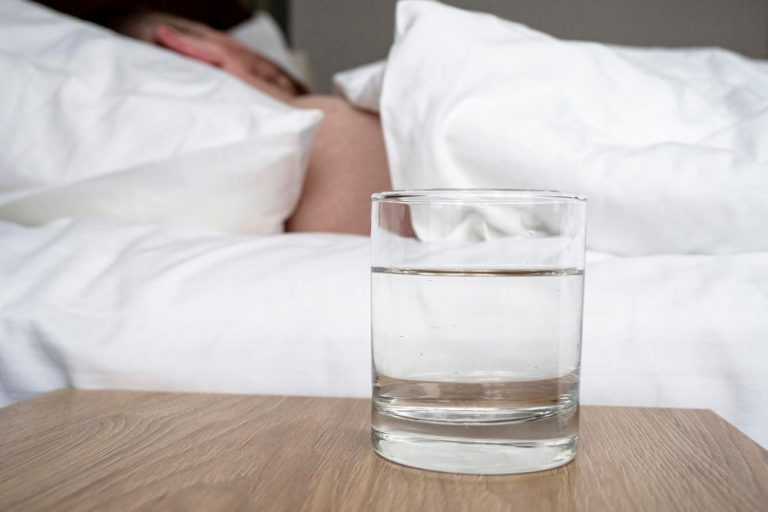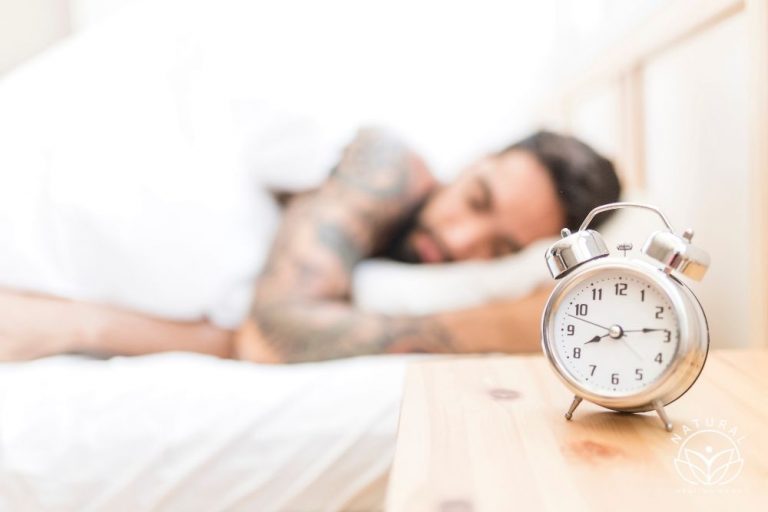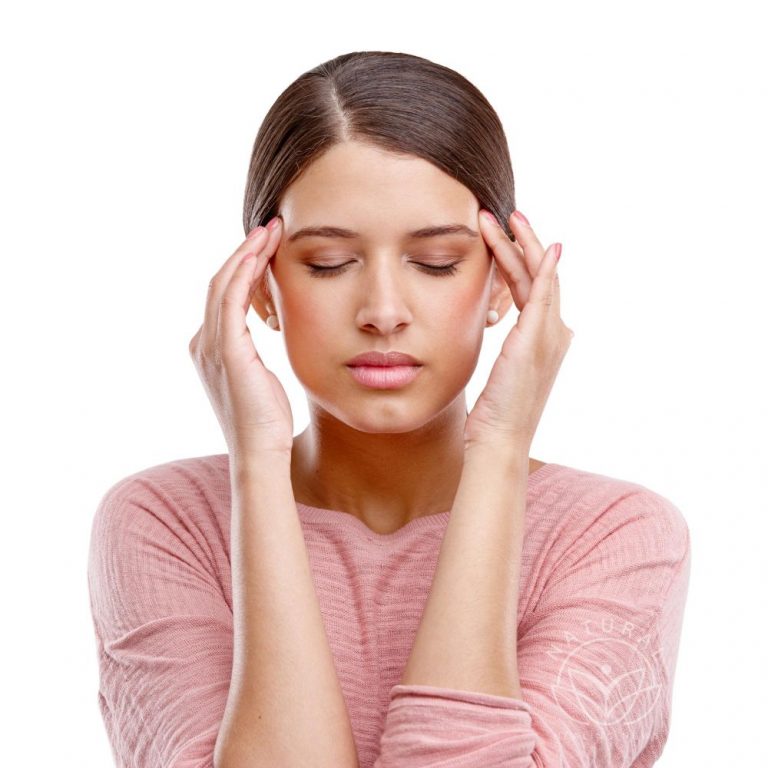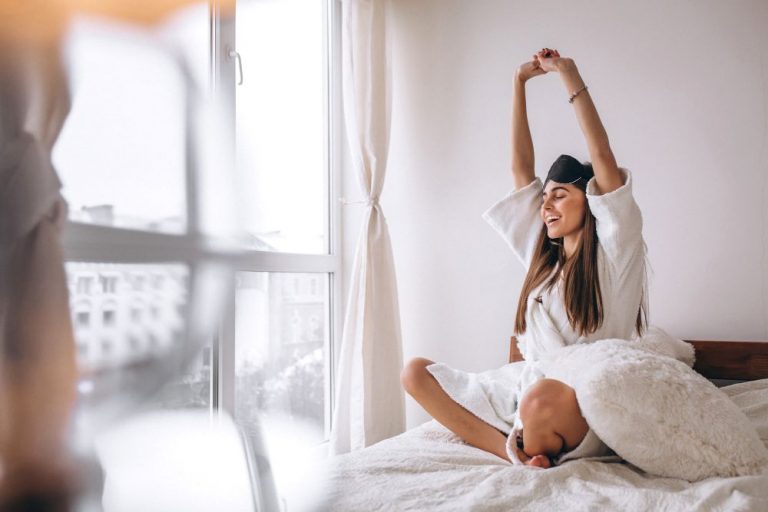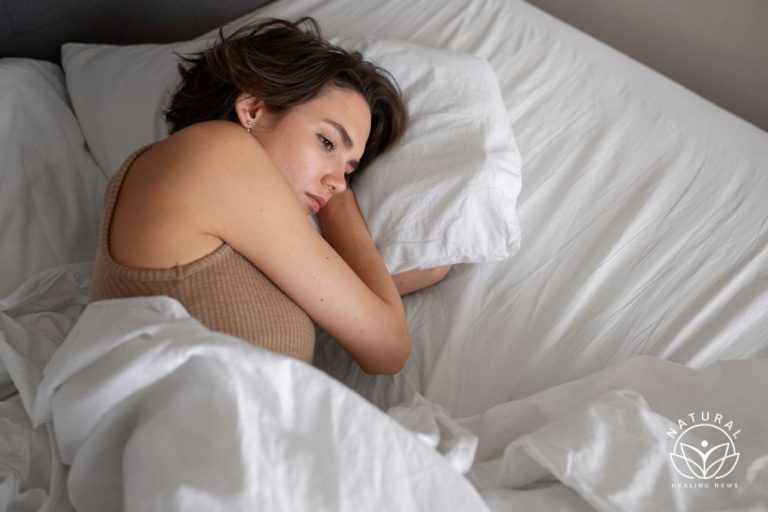Getting a Good Night’s Sleep: Tips for a Restful Slumber
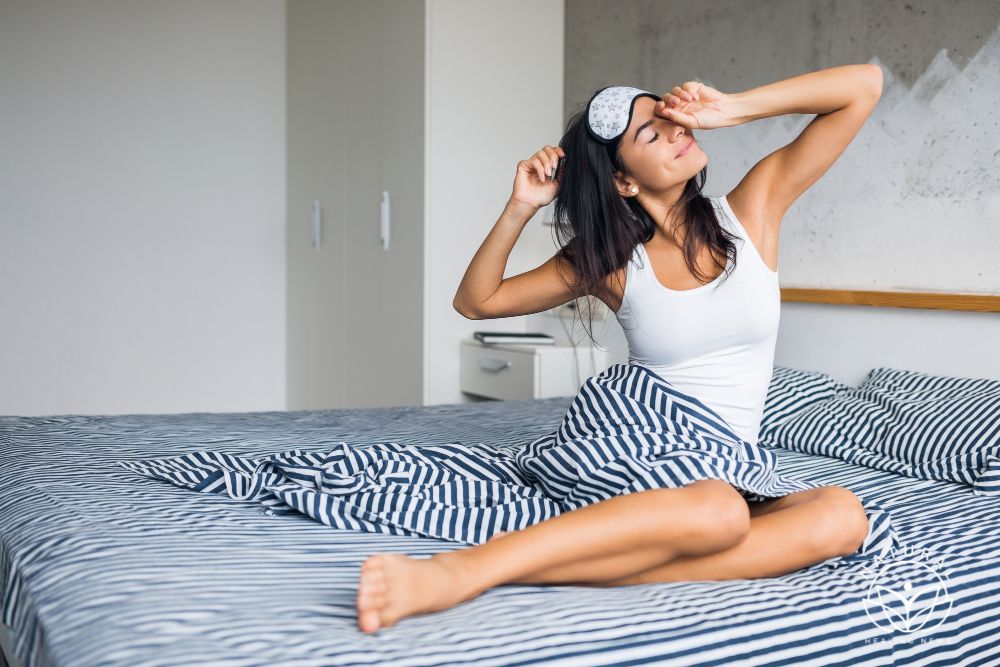
A good night’s sleep is essential for overall health and well-being, yet many people have difficulty getting the recommended seven to eight hours of sleep per night.
There are a number of things that can contribute to sleeplessness, including stress, anxiety, caffeine, and electronics use before bed. It can be difficult to get enough sleep, especially if you have a busy lifestyle.
tips to help you get a restful night’s sleep
Sleep is an important part of our lives – we need it to function properly both physically and mentally. However, many of us find it difficult to get a good night’s sleep.
But sometimes, despite our best efforts, we just can’t seem to get enough shut-eye. If you’re struggling to get a restful night’s sleep, here are a few tips that might help.
Establish a Sleep Schedule
A regular sleep schedule is one of the most important things you can do for your sleep. Your body’s natural sleep-wake cycle, or circadian rhythm, is controlled by an internal biological clock. This clock tells your body when it’s time to sleep and wake up.
If you don’t follow a regular sleep schedule, your body’s natural sleep-wake cycle can get out of sync. This can lead to sleep problems.
To help you sleep better, establish a regular sleep schedule and stick to it as much as possible. Go to bed and wake up at the same time every day, even on weekends. This will help train your body to sleep better.
If you have trouble sleeping, avoid naps during the day. Naps can interfere with your body’s natural sleep-wake cycle. If you must nap, keep it short and early in the day.
Establishing and following a regular sleep schedule can be difficult, especially if you have a busy lifestyle. But it’s important to make sleep a priority.
When you get enough sleep, you’ll feel more alert and energetic during the day. Creating a consistent bedtime routine can also be helpful.
Our bodies like routine, and by going to bed and waking up at the same time each day, we train our bodies to know when it’s time to sleep. This will make it easier to fall asleep and stay asleep through the night.
Limit Caffeine and Alcohol
Most people are familiar with the fact that caffeine and alcohol can lead to increased levels of anxiety and poorer sleep quality. However, many people do not realize the full extent to which these substances can impact sleep.
Caffeine is a stimulant that can keep you awake and make it difficult to fall asleep. Alcohol, on the other hand, may help you fall asleep initially, but it leads to lighter, less restful sleep.
In addition, both substances can disrupt the natural sleep cycle, making it harder to get a good night’s sleep.
If you’re struggling to get a good night’s sleep, it’s best to avoid caffeine and alcohol. If you do consume them, do so in moderation and try to limit them to earlier in the day. This will give your body time to metabolize the substances and hopefully avoid disrupting your sleep.
Create an Ideal Sleep Environment
Sleep experts say that the ideal sleeping environment is one that is dark, quiet and cool. This means using thick linen blackout curtains or blinds to block out any external light, and using a noise machine or earplugs to drown out any noise from outside. These conditions can help promote sleep.
If you can’t control the noise or temperature in your environment, try using a fan or earplugs to block out noise and increase air circulation.
As well as making sure the room is dark and quiet, it is also important to ensure it is cool. The ideal temperature for sleep is around 64-70°F. So, if you find yourself waking up in the night feeling too hot or too cold, adjust the thermostat accordingly.
Finally, it is important to make sure your bed is comfortable. This means finding a mattress and pillow that are the right firmness for you, as well as making sure your bedding is breathable and not too heavy. All of these factors will contribute to a deeper and more restful sleep.
It’s no secret that a good night’s sleep is crucial for our health and well-being.
If you find that you’re still having trouble sleeping, don’t hesitate to reach out to a healthcare professional. They can help you rule out any underlying medical conditions and give you further tips and advice on how to get a good night’s sleep.

